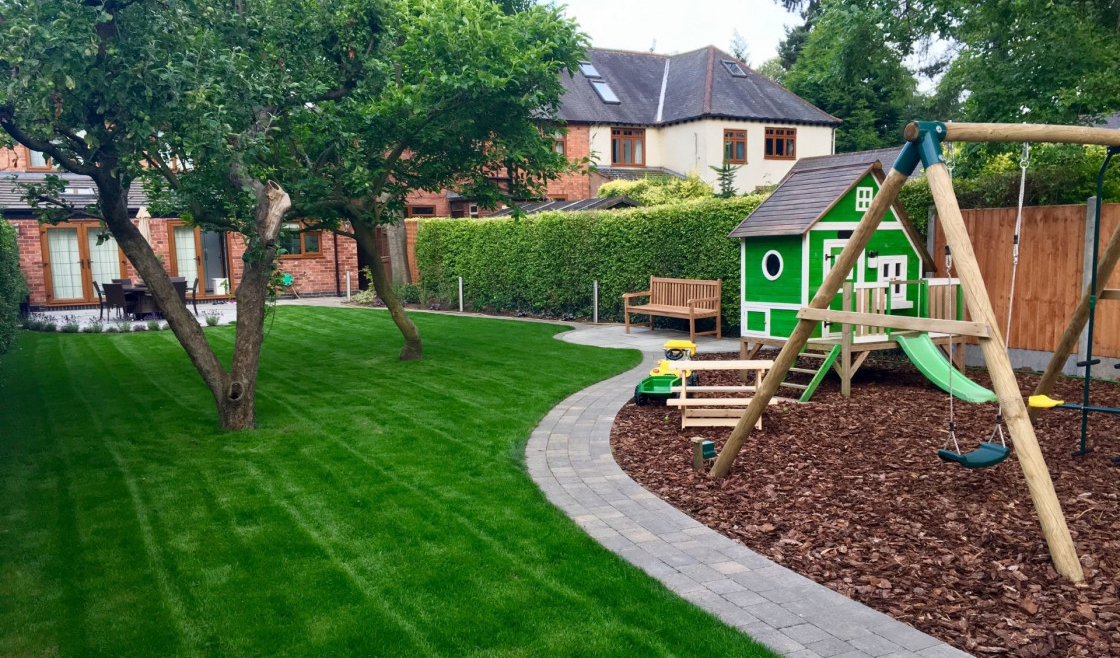Children’s play gardening, also known as children’s gardening or kids’ gardening, is a fun and educational activity that involves children in the process of growing plants. It is a way to teach children about the natural world and the importance of environmental sustainability through hands-on experience.
Children’s play gardening can take many forms, from growing plants in pots or small garden beds to creating a larger community garden space. It can involve planting flowers, vegetables, or herbs, or even creating a sensory garden with plants that have different textures, colors, and smells.
In addition to the benefits of learning about plants and the environment, children’s play gardening can also promote physical activity and healthy eating habits. Children who grow their own vegetables are more likely to eat them and develop a taste for fresh, healthy foods.
Children’s play gardening can also teach important life skills, such as responsibility, patience, and teamwork. By caring for their plants and working together with others, children can learn to take pride in their accomplishments and develop a sense of community.
Overall, children’s play gardening is a fun and engaging way for children to learn about the natural world and develop important life skills. It can inspire a lifelong love of gardening and environmental stewardship.


